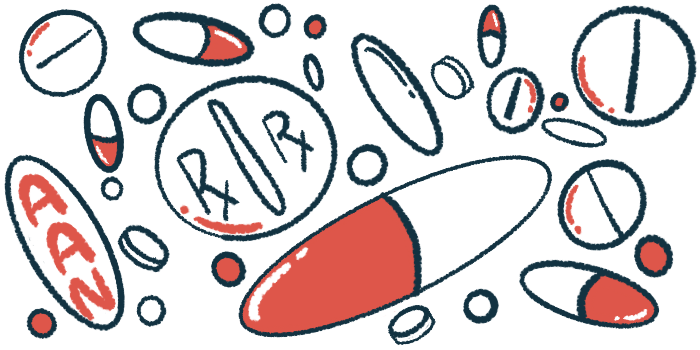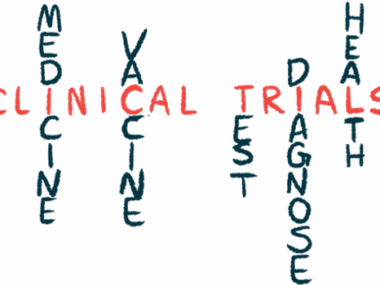Alzamend Neuro sets trial dosage for AL001 lithium therapy
Company says treatment has ‘transformative’ potential
Written by |

Alzamend Neuro has determined the maximum tolerated dosage of AL001, its experimental lithium therapy for Alzheimer’s disease and other disorders, that will be used in future clinical trials.
The identified dose is unlikely to require the type of intensive drug monitoring that has been a major hurdle to the use of other lithium formulations, the company said.
“The data not only highlight AL001’s safety and tolerability but also herald its potential as a transformative lithium therapy that could redefine patient care by avoiding the need for TDM [therapeutic drug monitoring] in clinical practice, thereby significantly enhancing effectiveness and safety,” Stephan Jackman, CEO of Alzamend, said in a company press release.
Alzheimer’s disease, the most prevalent form of dementia, involves the buildup of abnormal protein clumps, known as amyloid plaques and tau tangles, which damage and kill nerve cells. Research suggests that lithium has the potential to prevent or manage Alzheimer’s by minimizing the accumulation of these toxic proteins and promoting nerve cell survival. Clinical data has shown that lithium may be beneficial in preserving cognitive abilities and delaying the onset of dementia.
But using lithium as a medication is complex because it has a very narrow therapeutic window. There’s a fairly small range in which drug concentrations are high enough to be effective, but not so high as to pose serious safety risks. In light of these issues, patients taking most currently available lithium formulations need to undergo regular blood tests to track lithium levels. According to Alzamend, the need for this fairly intensive monitoring has limited the use of lithium in clinical practice.
Need for intensive monitoring unlikely, company says
AL001 is a novel formulation of lithium designed to overcome toxicities associated with earlier formulations. Alzamend conducted a preliminary Phase 1/2 clinical trial (NCT05363293) that tested AL001 in people with Alzheimer’s and healthy volunteers, with the goal of assessing the therapy’s safety and pharmacological properties to determine the maximum tolerated dose, or the highest dose that can be given safely.
The trial wrapped up last year, and the company said full data confirms the identified maximum tolerated dose as a lithium carbonate equivalent dose of 240 mg taken three times daily. According to Alzamend, this dose is unlikely to require the need for the type of intensive drug monitoring needed with traditional formulations of lithium.
“We appreciate the extraordinary efforts of our colleagues and partners to identify a rigorously determined MTD [maximum tolerated dose] from this multiple-ascending dose study,” Jackman said.
AL001 was well tolerated overall, with a safety profile that was “benign at all dose levels,” Alzamend said. Pharmacological data from the trial showed no notable differences in people with or without Alzheimer’s or among elderly or non-elderly healthy volunteers.
Alzamend is partnering with Massachusetts General Hospital on Phase 2 trials. The company said five clinical trials will test the identified dosage of AL001 in people with Alzheimer’s as well as bipolar disorder (BD), major depressive disorder (MDD), and post-traumatic stress disorder (PTSD).
“We look forward to further evaluating AL001 in five ‘Lithium in Brain’ Phase II clinical trials in healthy subjects and patients diagnosed with mild to moderate Alzheimer’s, BD, MDD and PTSD, in partnership with Massachusetts General Hospital,” Jackman said.






